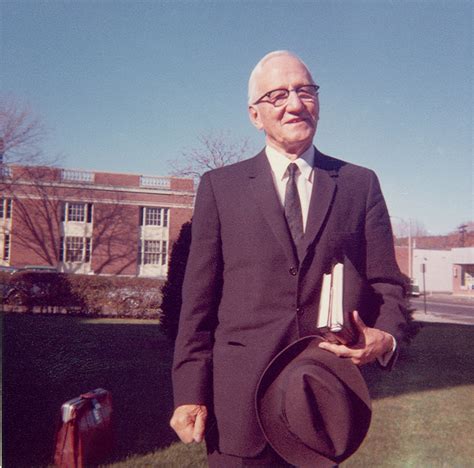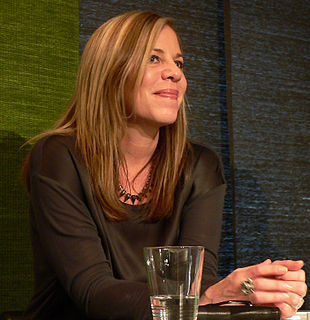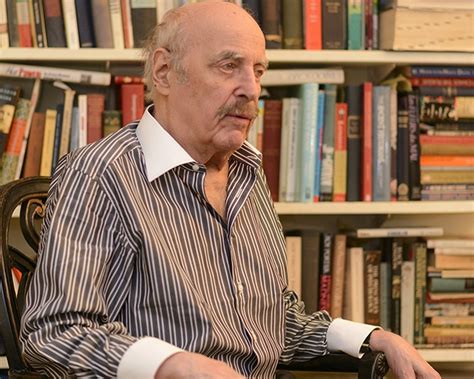A Quote by Tullian Tchividjian
Because the church has moved away from the gospel anytime you move away from the gospel, you at the same time move toward pretense, you move toward image-keeping, you move toward the need to pretend.
Related Quotes
It was very definitely architectural. I was using the words on the page as some kind of equivalent of a physical model. But I never thought at that point that I wanted to move toward architecture. I wanted to move toward real space. Sure, that's probably another way of saying, I want to move toward architecture. But I didn't define real space in terms of architecture, then.
As popular culture becomes more presentist, we move away from entertainment as the vicarious experience of a narrative - as watching someone else's story - and much more toward enacting one's own story. Moving away from myths and toward fantasy role-playing games, away from movies and toward videogames.
And if the imam and the Muslim leadership in that community is so intent on building bridges, then they should voluntarily move the mosque away from ground zero and move it whether it's uptown or somewhere else, but move it away from that area, the same as the pope directed the Carmelite nuns to move a convent away from Auschwitz.
On the journey of the warrior-bodhisattva, the path goes down, not up, as if the mountain pointed toward the earth instead of the sky. Instead of transcending the suffering of all creatures, we move toward turbulence and doubt however we can. We explore the reality and unpredictability of insecurity and pain, and we try not to push it away. If it takes years, if it takes lifetimes, we let it be as it is. At our own pace, without speed or aggression, we move down and down and down. With us move millions of others, companions in awakening from fear.
I saw in their eyes something I was to see over and over in every part of the nation- a burning desire to go, to move, to get under way, anyplace, away from any Here. They spoke quietly of how they wanted to go someday, to move about, free and unanchored, not toward something but away from something. I saw this look and heard this yearning everywhere in every states I visited. Nearly every American hungers to move.
I've been criticized by many anarchists as believing that anarchism is impossible without affluence. On the contrary, I think affluence is very destructive to anarchism. If you are absorbed by that commodity world then you're not going to move toward any radical positions, you're going to move toward a stance of protectiveness.
Death is the end of the fear of death. [...] To avoid it we must not stop fearing it and so life is fear. Death is time because time allows us to move toward death which we fear at all times when alive. We move around and that is fear. Movement through space requires time. Without death there is no movement through space and no life and no fear. To be aware of death is to be alive is to fear is to move around in space and time toward death.
We must move from ... the primacy of technology toward considerations of social justice and equity, from the dictates of organizational convenience toward the aspirations ofself realization and learning, from authoritarianism and dogmatism toward more participation, from uniformity and centralization toward diversity and pluralism, from the concept of work as hard and unavoidable, from life as nasty, brutish, and short toward work as purpose and self~fulfillment, a recognition of leisure as a valid activity in itself.




































